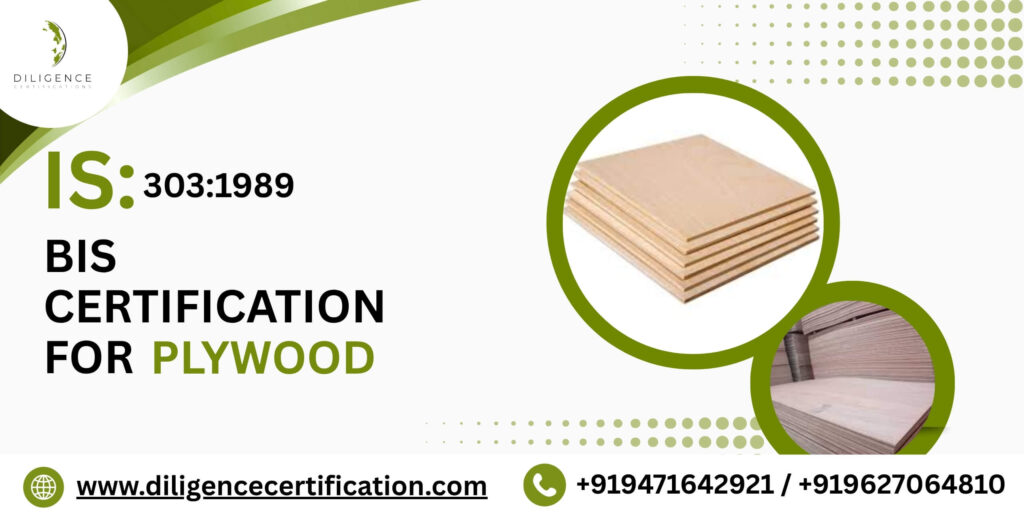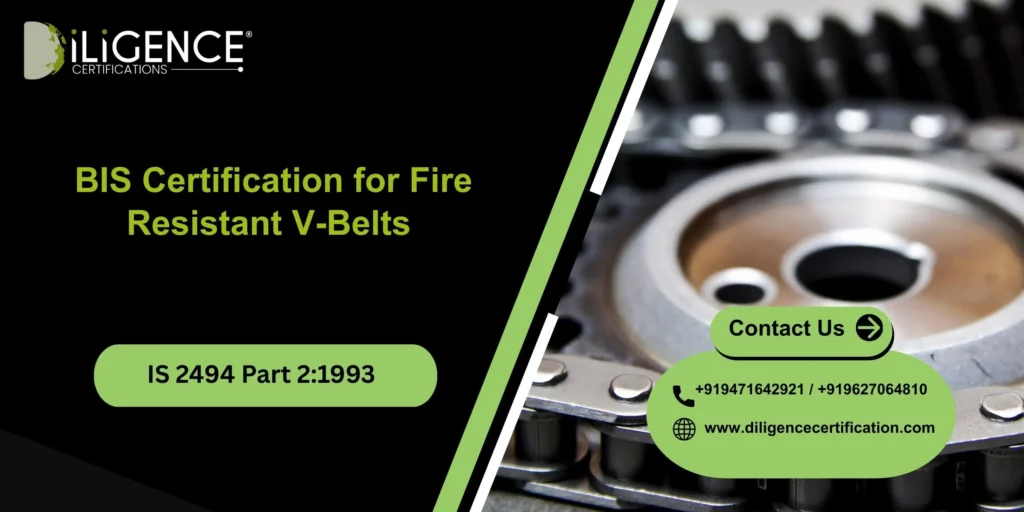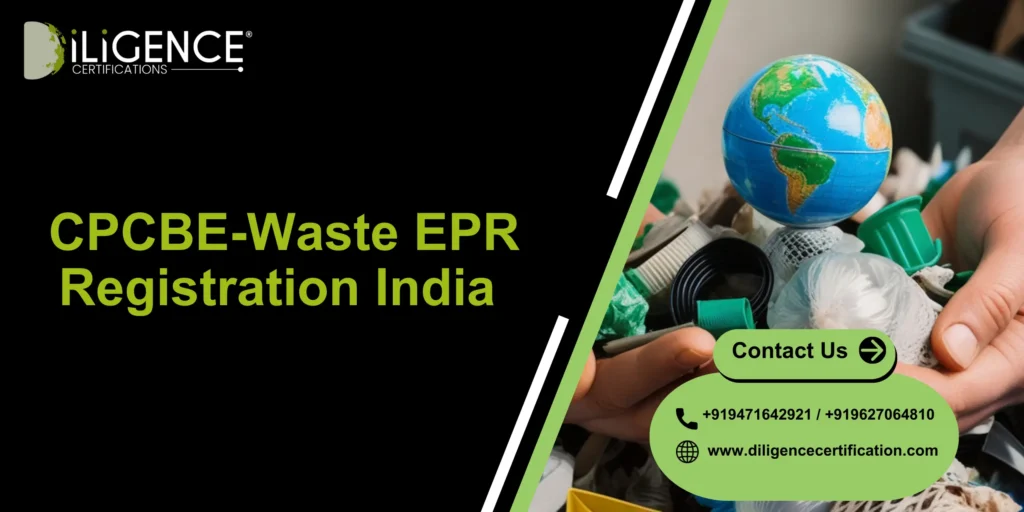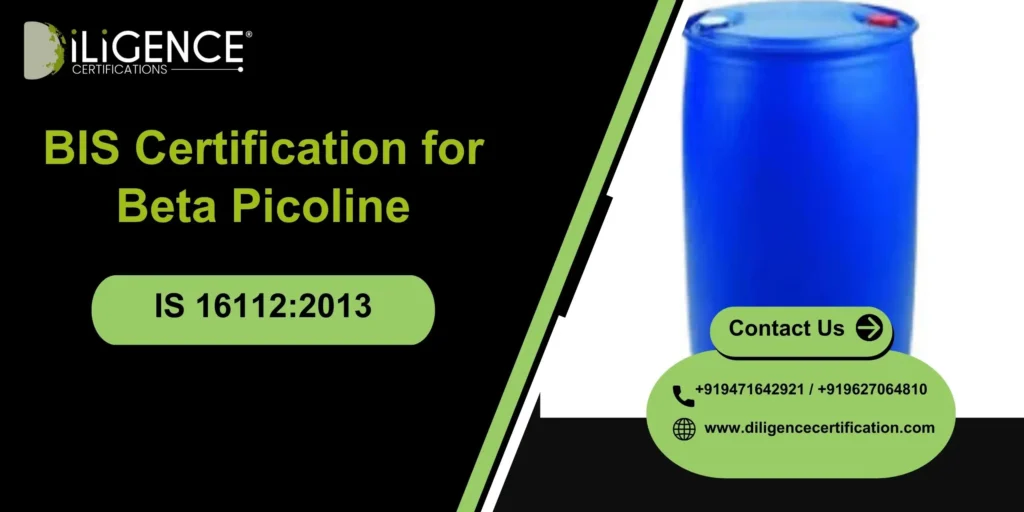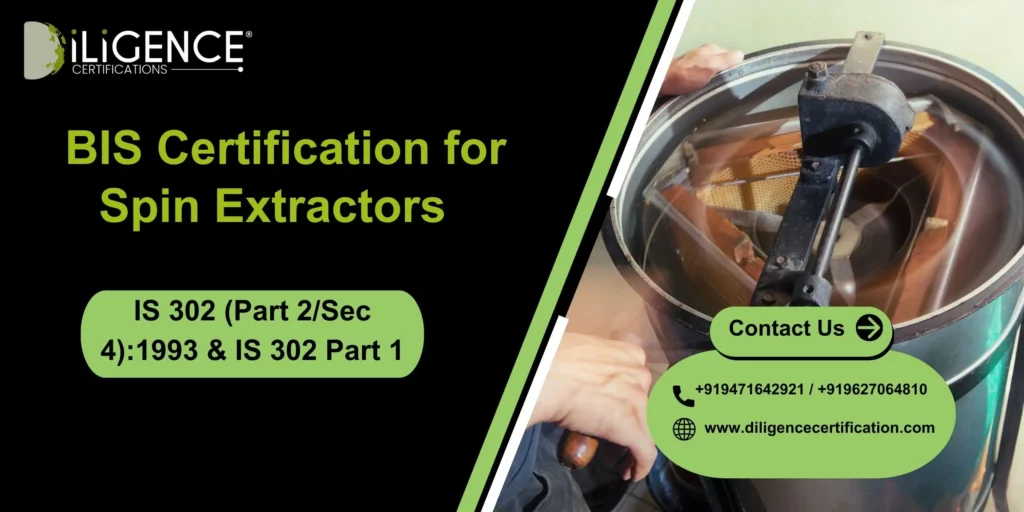- BIS Certification for plywood under IS 303:1989 is mandatory to assure safety and quality compliance in India.
- Diligence Certification helps manufacturers meet BIS Standards for plywood, ensuring smooth imports and domestic sale.
- Plywood Products compliance protects consumers and boosts brand trust across Indian and global markets.
Introduction:
One of our clients — a major plywood exporter from Malaysia — once faced a nightmare at Nhava Sheva port. Their shipment, worth nearly twenty lakh rupees, was stuck for over a month because they lacked a valid BIS Certification for plywood under IS 303:1989. Customs authorities refused clearance, and the entire batch risked re-export or destruction. Unfortunately, they didn’t know the Bureau of Indian Standards (BIS) regulations demanded certification for plywood products before import. Only after working with Diligence Certification did they get their paperwork in order, unlock their goods, and protect their market reputation.
This is not a rare case. Every day, importers and Indian manufacturers alike ask us at Diligence Certification about BIS Certificate requirements for plywood, and whether BIS Standards for plywood are optional or mandatory. Let’s be very clear: they are mandatory. If you manufacture, distribute, or import plywood products in India, you must comply with IS 303:1989, which defines plywood for general purposes.
What is BIS Certification for Plywood?

The Bureau of Indian Standards (BIS) governs product standards in India, assuring quality, safety, and performance. Plywood, being a highly used construction and furniture material, comes under the Compulsory Certification Scheme regulated by BIS. The applicable standard is IS 303:1989 for general-purpose plywood.
So what does BIS Certification for plywood do? It proves that your Products compliance meets:
- Structural stability
- Resistance to delamination
- Adequate bonding quality
- Moisture and termite resistance
- Safety for human use
Without the BIS Certification Plywood mark, you simply cannot legally import or sell plywood in the Indian market.
Why BIS Standards for Plywood
Indian consumers, architects, and contractors depend on certified plywood to build homes, offices, hospitals, and public infrastructure. Substandard plywood can fail in damp conditions or under stress, putting lives at risk and costing crores in damages. That is precisely why IS 303:1989 sets rigorous quality measures, and the BIS Standards for plywood verify compliance to these benchmarks.
At Diligence Certification, we’ve seen brands get blacklisted for failing to follow BIS guidelines. Whether you manufacture marine-grade, commercial, or decorative plywood, adherence to BIS Certification for Plywood rules protects you from legal penalties and ensures customers trust your product.
Benefits of BIS Certification for Plywood
Quotable benefits, suitable for featured snippets:
- Enables smooth customs clearance
- Mandatory for legal sale in India
- Increases customer confidence
- Prevents product seizure or fines
- Supports brand recognition and competitive advantage
Plywood Products compliance, carried out under BIS, also reassures large construction contractors and government tenders that the material will not compromise structural quality.
Important Key Highlight
| Key Highlight | Details |
| Product Name | Plywood for General Purposes |
| India Standard Reference | IS 303:1989 |
| Certification Scheme | BIS Product Certification (ISI Mark), Schedule 2 of Scheme I |
| Compliance Requirement | Compulsory |
| QCO Reference Link | View Latest Quality Control Order |
| Scope as per Standard | covers the needs for various grades and types of plywood for general applications. |
| Industry Guidance | Recommended to consult BIS-approved labs for sample testing |
Important Aspects of BIS Certification Plywood Requirements
There are four pillars of BIS licensing for plywood:
1. Manufacturer
Only the manufacturer receives the BIS license, not traders or importers. An importer may act as an Authorised Indian Representative (AIR) to apply on behalf of a foreign manufacturer, but the licence is always granted to the actual manufacturer.
2. Manufacturing Address
The manufacturing address must be correct and verifiable. If you produce plywood at more than one location, you will need a separate BIS licence for each facility.
3. Product
Every product group requires a separate licence. However, if one product category includes multiple models, a single licence can cover all models in that family.
4. Brand/Trademark
Each brand or trademark needs its own BIS Certification Plywood licence. If you sell under two brand names, you must hold two licences.
These pillars form the backbone of the licensing rules, with strict documentation to match.
IS 303:1989 Plywood for General Purposes
IS 303:1989, “Plywood for General Purposes,” is the Indian Standard which specifies the technical and performance requirements for plywood used in general applications. It lays down the classification, grading, construction, adhesives, moisture content, strength, dimensional stability, surface finish, and preservative treatments to ensure that the plywood meets minimum safety and durability standards.
Some key highlights of IS 303:1989:
- Covers both commercial and marine grades of plywood
- Defines minimum ply core thickness and bonding requirements
- Specifies the boiling water test for waterproof properties
- Addresses termite resistance and dimensional stability
- Guides the permissible emissions of volatile chemicals
Under the BIS Compulsory Registration Scheme, all plywood products conforming to IS 303:1989 must be tested, evaluated, and certified before they are manufactured or imported into India.
BIS Certificate Required for Import of Plywood
If you want to import plywood into India, the BIS Certificate is non-negotiable. Customs authorities will detain your shipment if your plywood products lack IS 303:1989 compliance proof. Here’s what you need to clear Indian customs:
- BIS CRS Registration (for your brand)
- IS 303:1989 compliance test report
- Valid Authorised Indian Representative paperwork if you are a foreign manufacturer
Diligence Certification can guide you through this maze, ensuring you do not face the same port delays as many importers we have rescued.
BIS Certification Process for Plywood
For Domestic Manufacturers:
- Online submission of application on the BIS portal
- Testing of plywood samples at BIS-recognised labs
- Uploading the application with test reports and documents
- BIS scrutiny and possible inspection of the manufacturing unit
- Grant of licence with an official ISI mark for your plywood

For Foreign Manufacturers:
- Nominate an Authorised Indian Representative (AIR)
- Submit your online application
- Send samples to BIS-accredited labs in India
- Upload final documents with test reports
- BIS verification and factory inspection (if needed)
- Grant of licence
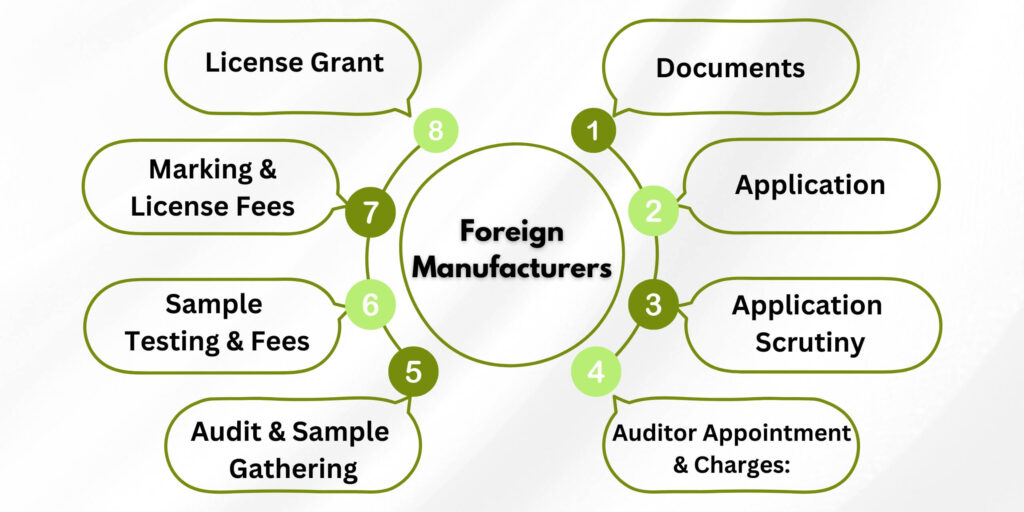
We at Diligence Certification recommend keeping all your technical documents — such as product specifications, safety data, and test reports — ready before starting the application to avoid any costly delays.
Documents Required for Plywood Products Certification
Here’s a typical checklist for plywood BIS Certification:
- Filled BIS application form
- Copy of Business License of manufacturing unit
- Product specifications sheet
- ISO 9001 certificate of the manufacturer
- Trademark certificate
- Marking label details
- Authorisation letter for signatories
- Indian Representative company registration (for foreign manufacturers)
- Photo ID of signatory
- IS 303:1989 compliance test report
If anything is missing, your application will likely be rejected or delayed, so triple-check these requirements.
Diligence Certifications: Your Reliable BIS Partner
Diligence Certifications has assisted hundreds of plywood manufacturers and importers with BIS licensing and compliance under IS 303:1989. From correcting product documentation to guiding you through factory inspections, we understand the smallest details of the BIS process and save clients from port seizures or blacklisting.
One of our most memorable cases was a Sri Lankan plywood exporter whose 10-container shipment was seized due to missing BIS lab reports. We coordinated BIS testing, resubmitted fresh applications, and released those goods within three weeks. Such timely problem-solving is what Diligence Certifications proudly delivers.
If you want stress-free, expert guidance, our team is always ready to help.
Mistakes to Avoid During BIS Certification for Plywood
Over the years, we’ve seen manufacturers fall into these common traps:
- Submitting incomplete technical documentation
- Relying on brokers without BIS knowledge
- Failing to nominate a qualified Indian Representative
- Using unapproved labs for product testing
- Overlooking brand trademark requirements
Every one of these mistakes can cost you money, time, and even your market access. Work with a trusted BIS consultant like Diligence Certification to avoid them.
Key Benefits of Working with Diligence Certification
- End-to-end compliance support
- Fast-track testing and approvals
- Dedicated BIS experts for plywood products
- Proven record with foreign and Indian clients
- Transparent pricing and timelines
Our network of lab partners, local BIS contacts, and licensing professionals ensures you can focus on your business while we handle the certification complexity.
Conclusion
BIS Certification for plywood under IS 303:1989 is non-negotiable if you plan to manufacture, sell, or import plywood products in India. These standards protect consumers, maintain fair market practices, and prevent counterfeit or dangerous building materials. Whether you’re an exporter, a local manufacturer, or a brand-new plywood brand, your success depends on respecting these BIS Standards for plywood.
If you need a reliable BIS compliance partner, Diligence Certifications is here to guide you with deep industry knowledge, BIS-trained professionals, and dedicated support for any technical or paperwork challenge. Don’t risk your brand reputation or financial stability; let Diligence Certifications handle your BIS licensing smoothly and efficiently.
Frequently Asked Questions (FAQs)
Is BIS Certification for plywood mandatory?
Yes, under IS 303:1989, it is compulsory for plywood products sold or imported in India.
How long does the BIS Certification take?
Usually 4–6 weeks, depending on document readiness and lab testing.
Do importers need a BIS license directly?
No, the license is only issued to manufacturers, but importers must act as AIR for foreign producers.
What is the fee for BIS Certification Plywood?
It ranges from ₹1.5 lakh to ₹2.5 lakh per product, depending on lab fees and document scope.
Can I use one licence for multiple plywood brands?
No, you need a separate licence for each brand or trademark.
What if I change the factory address?
A new licence is required for every change of manufacturing location.
Which BIS labs can test plywood?
Only BIS-recognised labs under the CRS framework are allowed.
What happens if I import without a BIS certificate?
Your shipment may be seized, and you could face fines or a ban.
Is the BIS process the same for Indian vs foreign manufacturers?
No, foreign manufacturers must nominate an Indian Representative.
Is BIS Certification valid lifelong?
No, periodic renewals are required based on product and regulation updates.






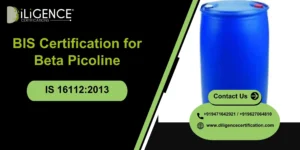

 BIS Certification
BIS Certification
 CDSCO
CDSCO
 CPCB
CPCB
 LMPC
LMPC
 WPC Approval
WPC Approval
 Global Approvals
Global Approvals
 TEC
TEC
 ARAI
ARAI
 BEE
BEE
 ISO Certification
ISO Certification
 Drone Registration
Drone Registration
 NOC For Steel
NOC For Steel



















 Business Registration
Business Registration















 Legal Services
Legal Services
 Trademark Registration
Trademark Registration
 Copyright Registration
Copyright Registration
 Patent Registration
Patent Registration
